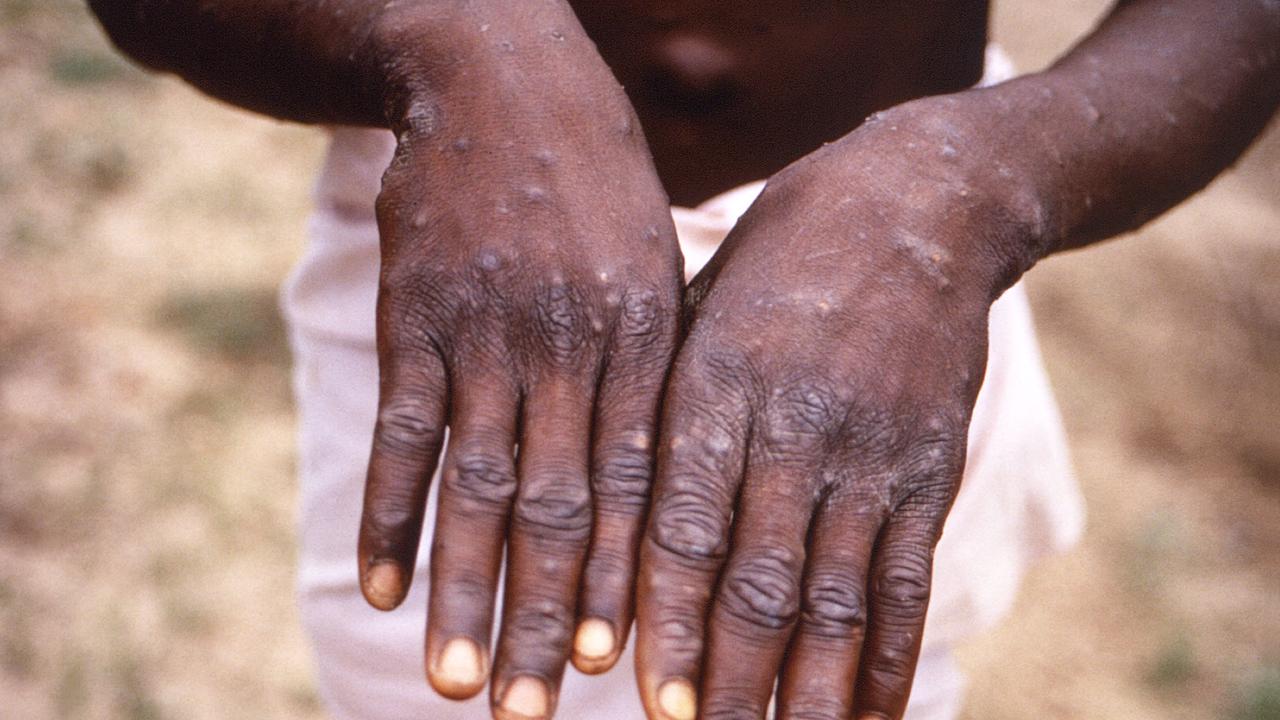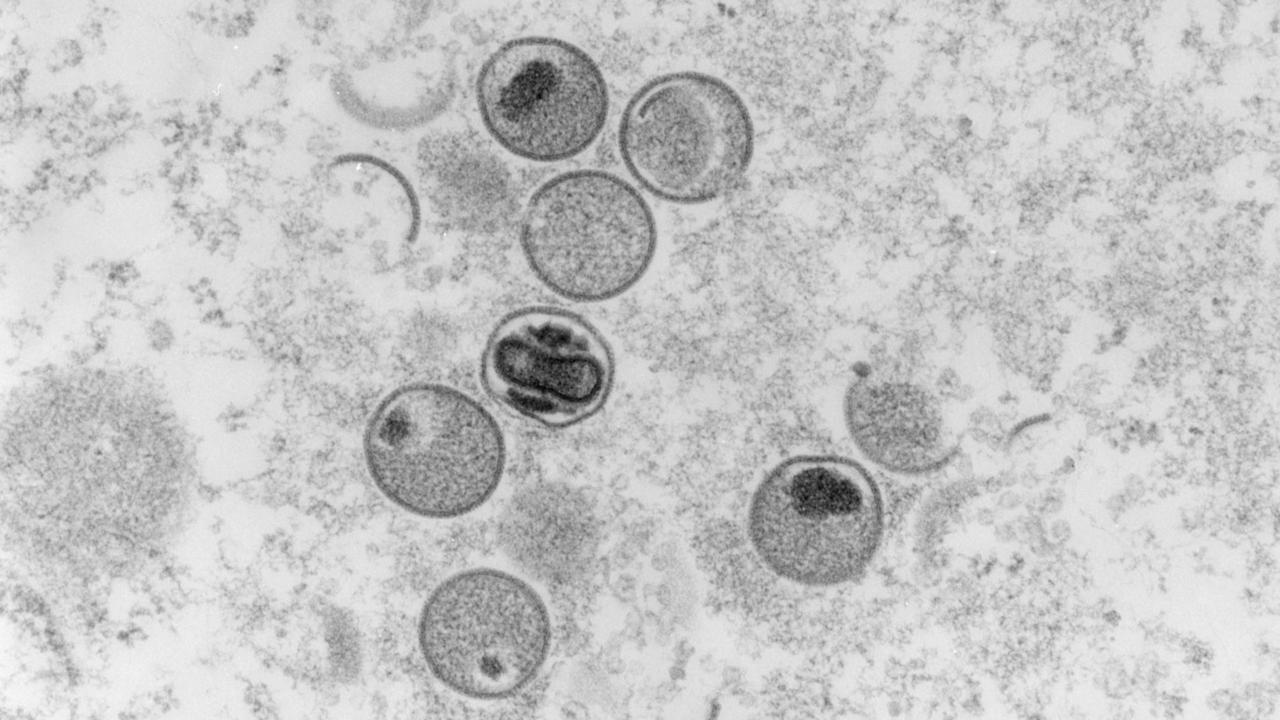Man is first in world to test positive for monkeypox, Covid and HIV at same time
A 36-year-old man has become the first person in the world to test positive for monkeypox, coronavirus and HIV at the same time.
A man in Italy has become the first person in the world to test positive for monkeypox, coronavirus and HIV at the same time, according to scientists.
Researchers at the University of Catania in Sicily, Italy, say the 36-year-old tested positive for all three infections following a trip to Spain earlier this year.
The man, who has not been identified, suffered from a fever, sore throat, fatigue, headache and inflammation to the groin, The Sun reports.
In total, the man spent five days in Spain from June 16-20, during which he had unprotected sex with men.
According to a case report published in the Journal of Infection, he tested positive for Covid-19 on July 2 – three days after first experiencing symptoms.
The same day, he began to develop a rash on his left arm before developing small, painful blisters on his torso, lower limbs, face and glutes.
Blisters continued to appear on his body over the next few days.
Stream the latest health news with Flash. 25+ news channels in 1 place. New to Flash? Try 1 month free. Offer ends October 31, 2022 >

On July 5, the man was admitted to the emergency department at the San Marco University Hospital in Catania, Italy, before being transferred to the Infectious Diseases unit.
There, he was tested for monkeypox where he returned a positive result.
He was also screened for several STIs and tested positive for HIV-1.
Researchers said blood tests indicated “the infection was relatively recent”.
They also said the patient had previously had an HIV test in September 2021, which was negative.
On July 11, after recovering from both the monkeypox and Covid, the man was discharged from hospital and told to isolate.
Researchers confirmed that his skin legions had healed and crusted over.
The report from the university said: “This case highlights how monkeypox and Covid-19 symptoms may overlap, and corroborates how in case of co-infection, anamnestic collection and sexual habits are crucial to perform the correct diagnosis.
“To note, the monkeypox oropharyngeal swab was still positive after 20 days, suggesting that these individuals may still be contagious for several days after clinical remission.
“Consequently, physicians should encourage appropriate precautions.”
They added: “As this is the only reported case of monkeypox virus, SARS-CoV-2 and HIV co-infection, there is still not enough evidence supporting that this combination may aggravate patient’s condition.
“Given the current SARS-CoV-2 pandemic and the daily increase of monkeypox cases, healthcare systems must be aware of this eventuality.”

Viral spread
Monkeypox has been spreading across the globe with more than 41,000 cases of the illness now reported across 94 countries, according to recent data from the World Health Organisation (WHO).
It spreads primarily through skin-to-skin contact and sometimes through close contact with large respiratory droplets from an infected person.
Symptoms include fever, chills, swollen lymph nodes, muscle aches, headache, sore throat, cough, as well as the telltale blisters.

‘Weeks of misery’
Last month, a US man, who had Covid and monkeypox at the same time, described how his symptoms left him bedridden.
Mitcho Thompson, from California, said he started noticing red wounds across his body shortly after testing positive for Covid.
He explaining how he discovered lesions on his body on his legs, arms, back, and neck.
He also noted that he felt “really sick” and recounted the “worst of it” was when he could “barely” get out of bed for a drink of water.
Mr Thompson said he was in “weeks of misery” adding it felt like he had a really bad flu.
Dr Dean Winslow, a Stanford University professor of medicine speaking on the case at the time, said getting Covid at the same time as monkeypox is very rare, but possible.
The infectious diseases specialist told NBC Bay Area: “It’s certainly not impossible for that to occur.
“It’s just incredibly bad luck. They are very different viruses.”
This article originally appeared in The Sun and was reproduced with permission





